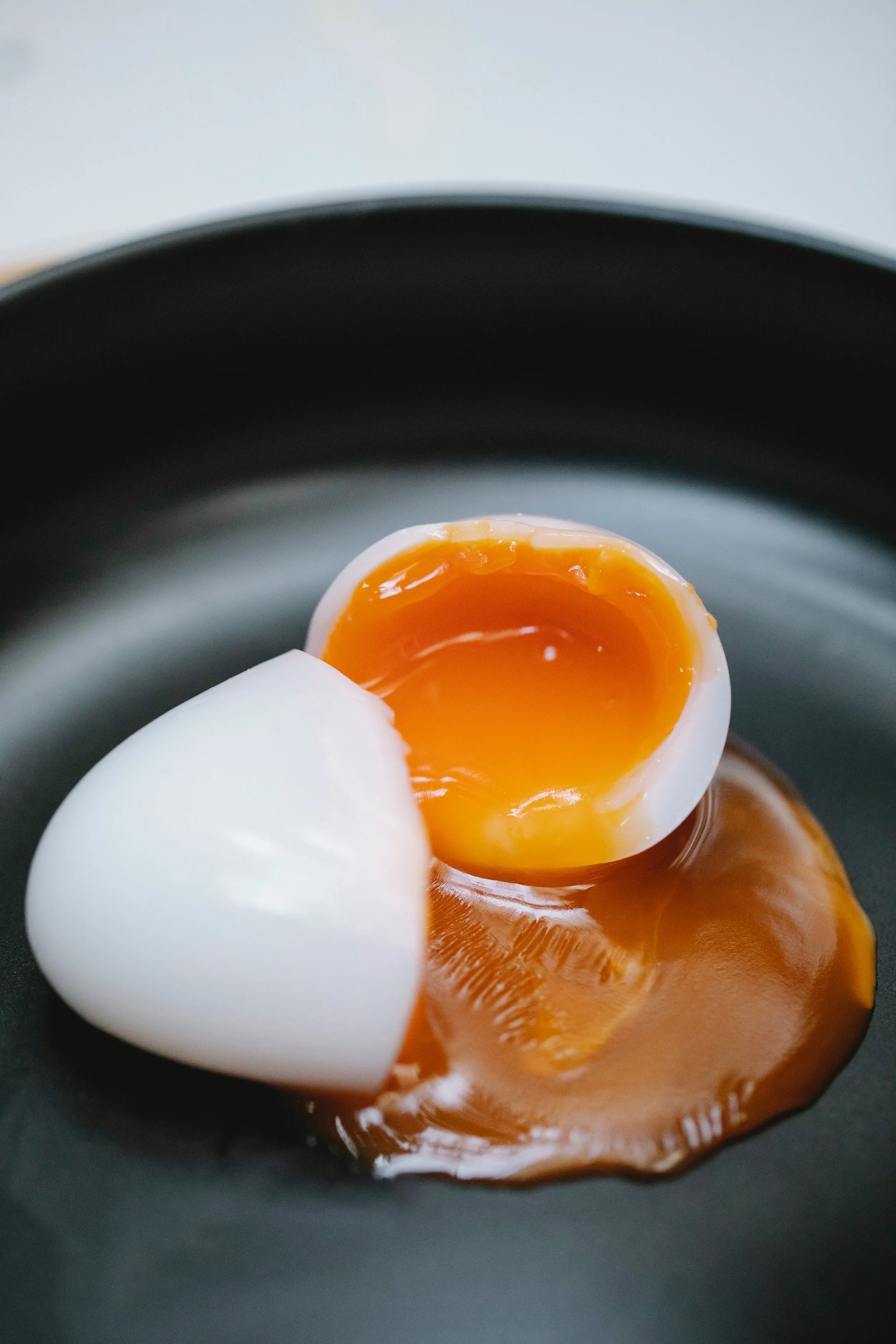Baby's First Foods: When to Introduce Them and Why it's Important
As a new mother, you want to do everything right. And perhaps at the top of that list is making sure your baby gets the nutrients they need!
If you’ve been scrolling the internet, searching for answers to questions like:
When should I start introducing solid foods?
What foods are best for babies?
Does timing really matter?
I’ve got you covered!
When Should You Introduce Solid Foods?
The American Academy of Pediatrics recommends you start introducing solid foods between 4 to 6 months. [1]
Now, if you’re breastfeeding, this doesn’t mean you should wean early! I recommend continuing to nurse, allowing your baby’s immune system to build up and receive vital nutrients.
What’s *most* important during this time is introducing tastes. This allows your baby’s immune system to identify food particles, helping to prevent food allergies from developing.
You don’t have to give your LO large amounts of food – it’s actually better if you don’t! Just give them a taste.
Why is Introducing Solids Foods and Tastes to Your Baby Important?
There are enormous benefits to feeding your baby a variety of healthy, whole foods early on in their life. Particularly, during the 4-12-month period.
Benefit #1. Prevention of allergies and food sensitivities.
All babies are born with a naturally leaky gut. This is simply due to the body’s maturity – just as the brain, lungs, and immune system need to develop with time, so does the digestive system.
Studies show there are 3 distinct phases of gut development in babies [2]:
Phase 1: Developmental (3-14 months)
Phase 2: Transitional (15-30 months)
Phase 3: Stable (31-46 months)
Over time, as the gut develops, the gut barrier should strengthen, too, meaning less “leakiness”.
But introducing real, whole foods during the developmental phase can help close that gap and prevent food allergies and sensitivities, which are often contributing factors to common childhood health problems, like eczema. [3]
Benefit #2. Prevention of picky eating.
Picky eating is easier to avoid than to resolve. So, how do you avoid a picky eater?
Well, during these early months of life (4-12 months), babies are more accepting of flavors and textures.
And the more you expose your little one to these, specifically fruits and vegetables, the more likely they are to have a taste for it as they grow and develop into an adult.
Benefit #3. Prevention of feeding/digestive problems.
As I mentioned, your baby is going through crucial developmental stages around 6 months. Introducing solids at this young and impressionable age (when their brain and digestive system are developing) will actually help prevent digestive problems down the road.
*Note: It is not uncommon for your baby to become constipated after first introducing solid foods. Focus on fiber and slow introduction. Work with your trusted naturopathic doctor for more support with this, and check out my top tips for relieving constipation.
Baby’s First Foods: What to Introduce First
You know when to introduce solids and why it’s important. Now let’s get into what are some of the best foods to start your baby off with.
Each food on this list has a few things in common:
They’ve been consumed by our ancestors for centuries
They’re jam-packed with essential nutrients
They have an easy-to-consume, soft texture
That’s why they’re perfect to introduce to your little one.
Baby’s First Foods List:
Bone Broth
Bone broth is a perfect first food. First of all, it’s delicious and easy to feed your little one. It’s also a nutrient powerhouse and aids in healing the gut lining, which as you now know, is so important for your baby.
I recommend making your own at home to ensure there are no additives. You can make a big batch and freeze it in ice cube trays to use for months.
Egg yolk
Egg yolk contains high amounts of vitamins A, D, E, and all the Bs. Plus, it’s high in choline (which is essential for brain and nervous system function) and contains an easily absorbable iron called heme iron.
Serve the egg soft-boiled and runny to preserve nutrients, as the yolks can lose their nutritional value when exposed to heat.
Bone Marrow
While it might sound weird to you… bone marrow is a perfect first food for babies! Just a few of its many nutrients are omega 3s and iron, both of which work to support your baby's brain.
I recommend removing it from the bone to avoid a choking hazard and making a bone marrow puree or dip for you to serve to your baby with a spoon. Or, they can pick at it with their fingers.
Liver paté
Like bone marrow, the nutrition profile of liver makes it one of my top recommendations for a baby’s first food. Liver paté is packed with omega 3s, iron, folate, vitamin A, B vitamins, copper, zinc, and choline. That’s A TON of essential nutrients a developing body needs!
I recommend making your own at home because store-bought paté often contains added ingredients. Plus, it’s so easy to make! Both chicken and beef liver work well (chicken is milder in flavor than beef), so this is up to your preference.
Sauerkraut
Nothing supports a healthy gut like sauerkraut. Did you know just 2 ounces of sauerkraut contains about the same amount of probiotics as 100 supplement capsules? Living food is much more potent than a supplement.
You can buy sauerkraut, or easily make your own at home. If your baby doesn’t respond well to it, try feeding them the brine with a spoon. They’ll still receive all the gut-loving benefits!
Sardines
Another brain-boosting superfood, sardines are rich in omegas, full of protein, and an excellent source of vitamin B12, vitamin D, and calcium.
Sardines are also a common food allergen. Serving it to your baby can lessen their chances of developing an allergy (or a pure distaste) for this fish and others. You can serve filets fresh or from a can as finger food – just be sure to remove the bones!
Avocado
Avocados are a wonderful source of vitamins, magnesium, potassium, beta carotene, and of course, omega 3s – meaning they support healthy development in almost every way.
The riper the avocado, the easier (and safer) it is to serve to your baby. You can chop it into tiny pieces and serve as finger food, or puree it and feed it to your little one with a spoon. Top tip: Add hemp hearts or ground flax to the outside of avocado slices to make it easier for kids to grip!
You’ve Got This!
I know introducing solid foods to your baby can feel extremely overwhelming … but focus on progress over perfection!
Check out All Organic Baby Food Cookbook by Leah Bodenback and Milk to Meals by Luka McCabe for guidance on serving your baby delicious & nutritious recipes.
You’ve got this, mama!
Looking for more guidance on solid food introduction, picky eating tips, and simple healthy recipes? Join our membership community, Healthy Families Collective, for <$1/day! In the collective we take a deep dive into solid food introduction: the how-to, what foods, how much, and more!



